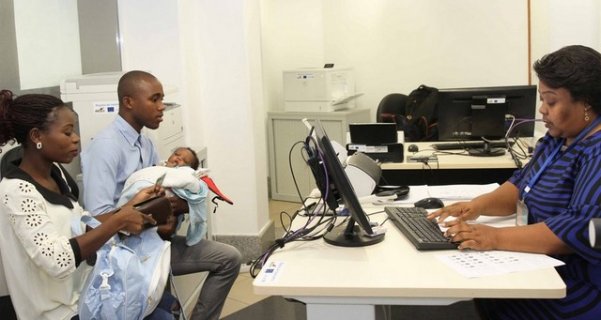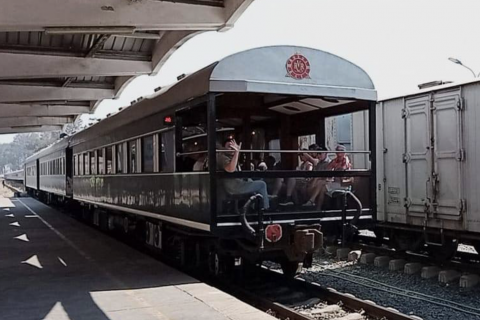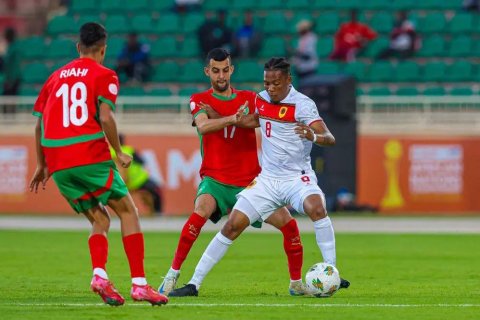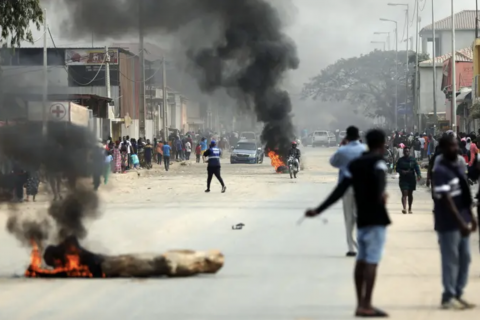Orlando Fernandes, who was speaking at the National Assembly, in the session that approved, in general, the draft law amending Law No. 06/15, of 8 May, on simplifying Birth Registration, said that the initial forecast was 5000 anthroponyms, but the list reached 9089 names.
According to the ruler, the study is being conducted by two Angolan anthropologists, Lupene de Almeida and Alcides Correia.
The Secretary of State, who was responding to the concerns raised by parliamentarians on this matter, stressed that after the public consultation in the communities, in order to understand "how things stand in terms of meaning, scope of each of the names", the onomastic list will be submitted to the National Assembly, with a view to amending Law No. 10/85 of 19 October on the composition of names.
The law in force determines, among other things, that the proper names, or at least one of them, shall be in the national language or in Portuguese.
In his speech, the Member of the National Front for National Liberation of Angola (FNLA), Lucas Ngonda, highlighted "the complication" that Angolan citizens face when registering their children.
"The first complication arises in the name that should be given to your newborn, the onomastic lists that exist in the conservatories do not correspond to the range of names of Angolan citizens of origin," said the deputy, stressing that "the name is the first form of identity that confirms the existence of the person in the process of their integration into human society.
Lucas Ngonda called for studies of all representative regions of the country to be carried out in order to draw up onmatic lists, "which could correspond to the true identity of Angolans in the concert of all ethnolinguistic groups in the country".
The study aims to catalogue the onomastic list in national languages, with regard to the origin, evolution and variation of names according to each region of the country, as well as to help parents in the choice of names for the identity of their children.
In 2017, Alcides Correia, cited by Angop, advanced that after cataloguing, the names will be registered in the conservatories, to avoid the choice of names that do not fit the Angolan cultural reality.







